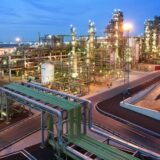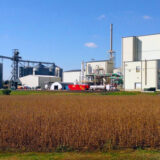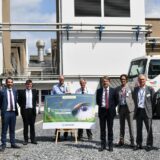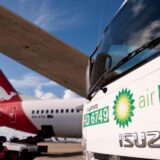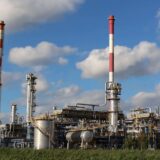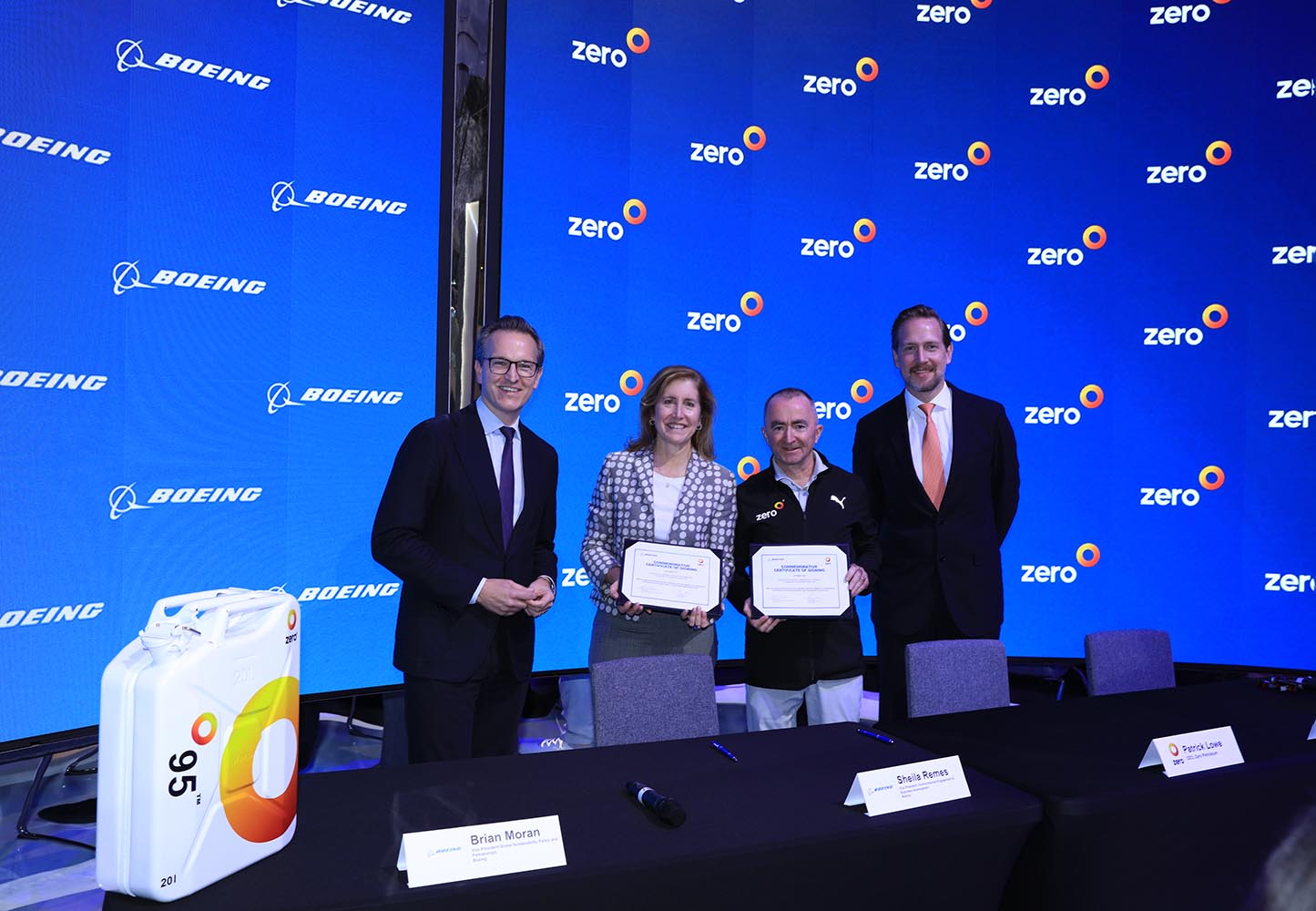
Boeing and Zero Petroleum collaborate on SAF
Boeing and Zero Petroleum have announced a partnership to test and analyse advanced technologies for boosting sustainable aviation fuel (SAF) supply. This collaboration marks Boeing’s continued commitment to global SAF development, aiming to diminish aviation’s lifecycle emissions and achieve the industry’s net-zero goal by 2050.
Zero’s innovative technology synthesises SAF from air and water, capturing carbon through direct air capture and extracting hydrogen from water electrolysis. This ‘power to liquid’ process could significantly lower emissions, contingent on the availability of renewable electricity.
Under this agreement, Boeing will co-establish a testing program for Zero’s SAF at the University of Sheffield’s Energy Innovation Centre (EIC) and its SAF research facility, where Boeing is a founding member.
Sheila Remes, Boeing’s vice president of Environmental Sustainability, emphasised the critical role of SAF in reducing emissions over the next three decades. She highlighted the necessity of global collaboration with pioneers like Zero to develop and scale new sustainable fuel production methods.
Zero, based in Oxfordshire, UK, will leverage Boeing’s initiative to assist innovative fuel producers in testing, maturing, and scaling SAF. This collaboration utilises Boeing’s global expertise in SAF and aerospace and its partnership with the EIC.
Paddy Lowe, CEO of Zero, stressed the urgency for the aviation industry to adapt to upcoming de-fossilisation mandates. He noted that synthetic fuels are the only fully scalable solution, and the partnership with Boeing will expedite the qualification process for their 100% drop-in synthetic jet fuel, aiming for commercial availability by 2026.
Boeing’s commitment to scaling SAF globally is evident in its various partnerships and policy advocacy efforts. These include agreements with Masdar to develop SAF policies in the UAE and beyond, collaborations to explore SAF feedstock in Ethiopia, South Africa, and Brazil, and joining forces with organizations like ACT FOR SKY in Japan and Avolon, ORIX Aviation, SkyNRG, and SFS Ireland for SAF feasibility studies.
Boeing’s efforts also extend to ensuring its commercial airplanes are fully compatible with SAF by 2030 and joining the World Energy Council to promote sustainable energy transitions. Since 2022, Boeing has used 7.6 million gallons of SAF in its U.S. commercial airplane operations.
While SAF can reduce life cycle CO2 emissions by up to 85%, its adoption faces challenges due to limited supply and high costs. Currently, SAF accounts for only 0.1% of global jet fuel demand, underscoring the need for initiatives like Boeing’s and Zero’s collaboration.






